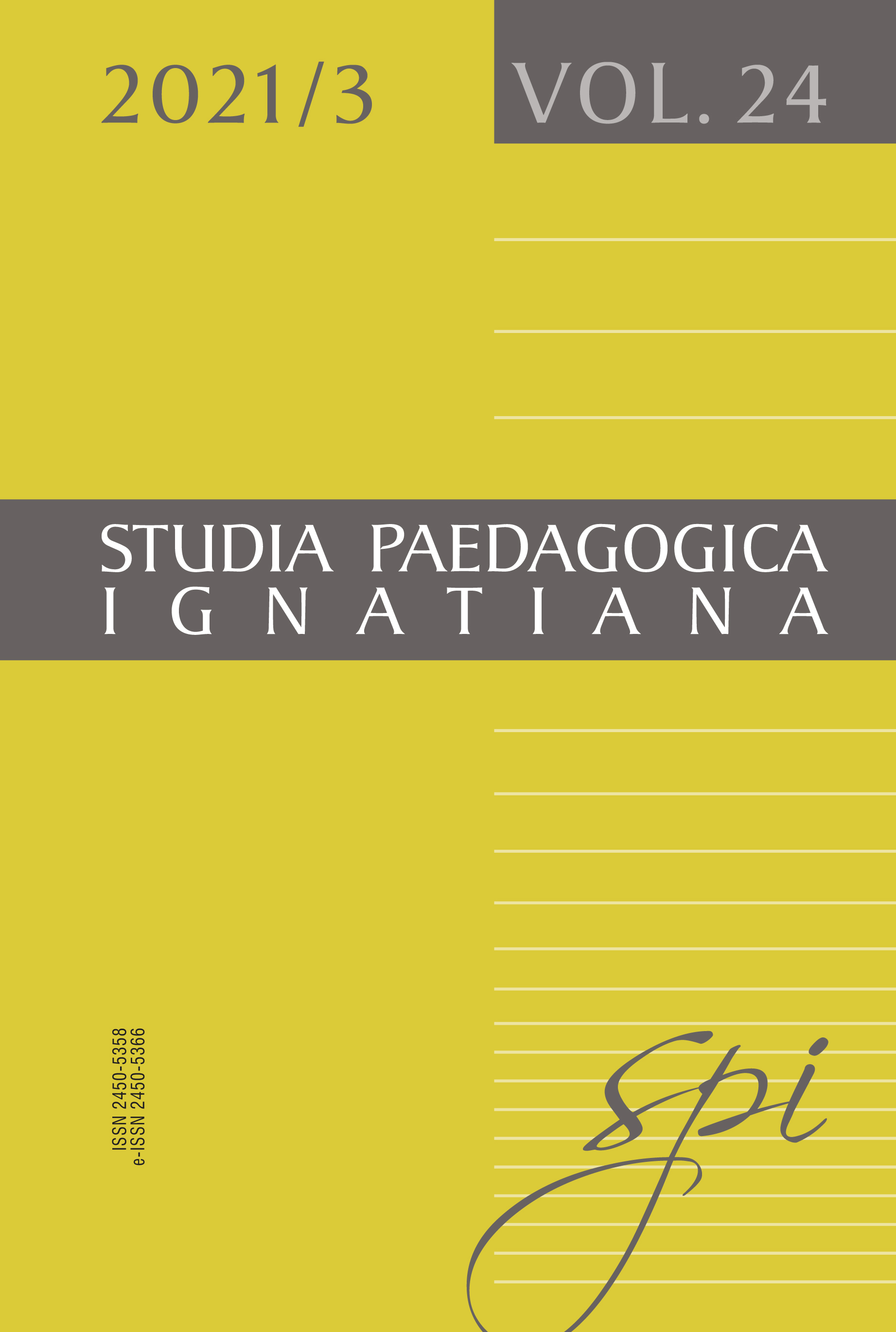Funkcje witryn internetowych spółdzielni uczniowskich w szkołach ponadpodstawowych
Functions of Students’ “Cooperatives” Websites in Secondary Schools
Author(s): Aleksandra PrusSubject(s): Social Sciences, Education, Higher Education
Published by: Uniwersytet Ignatianum w Krakowie
Keywords: websites, students’ cooperatives; secondary schools; communication; student; cooperator
Summary/Abstract: The aim of the article is to show functions of students’ cooperatives’ websites. The subject of study are the websites being run by students’ cooperatives in secondary schools. The article begins by utilizing the qualitative method of textual analysis of the content of these websites. The websites are maintained by thirteen students’ cooperatives that operate in secondary schools. The students’ cooperatives belong to school organizations with more than century of tradition and have well-established working meth- ods. However, new information technologies have changed work and communication opportunities and the school organizations also use the websites for different purposes. Within the analysis of the web- sites being run by students’ cooperatives in the secondary schools, it is clearly discernible how and why the websites vary. The websites serve different functions ranging from the educationally informative to the popular-social. The content concerns the business activity and what it offers, current cooperative’s movement, benefits of being a member of a students’ cooperative, for example organizing free time, networking between young cooperatives and socializing outside of the school, that is visible within increased popularity of websites and the development of their educational dimension. The results lead to the following postulate: in a mediatized reality, stu- dents should be educated and encouraged to make proper and wise use of virtual space, which is a new teaching and educational space that requires proper management by all school entities: teachers, form tutors, students and their parents, including students’ organizations such as student cooperatives.
Journal: Studia Paedagogica Ignatiana
- Issue Year: 24/2021
- Issue No: 3
- Page Range: 133-154
- Page Count: 22
- Language: Polish

